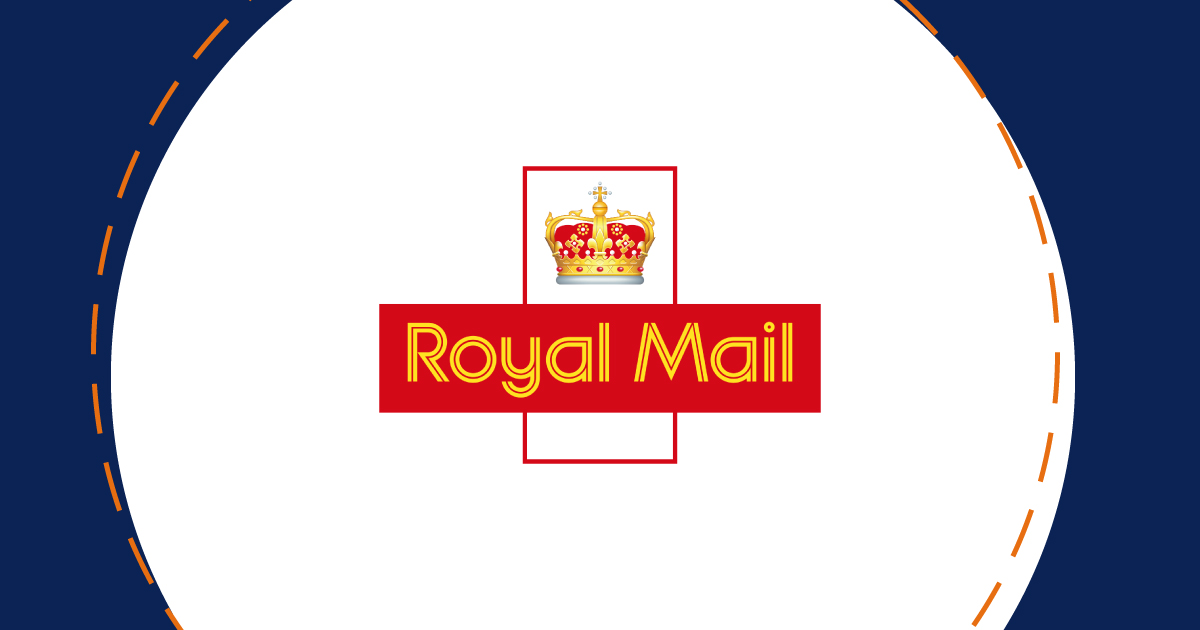At the core of every company are a range of goals, which they are striving to achieve. All business operations are centred around them, to ensure that they can be reached and results can be maximised.
One method that’s frequently used to achieve company goals is the use of effective communications, helping positive interactions with clients to influence sales, increase engagement and improve brand awareness.
But with so many options available, and perhaps precise goals to achieve, how can a business know where to start? How can they do more for less? How do they manage this as their goals change and evolve?
Well… this is where managed communications thrive.
Managed communications involve outsourcing a company’s communications to an external supplier - commonly, mail, SMS and digital delivery.
Usually, managed communications offer a blended approach. It encompasses outbound and inbound communications, providing the opportunity to make a real difference to an organisation, both internally and externally. It can include any type of print communication and often supports digital communication channels, helping organisations to engage with their different audiences in a range of ways.
It provides businesses with the opportunity to leverage the expertise, knowledge, resources and technology of a supplier that focuses solely on those services.
From business analysis, project management and solution design, through to implementation, delivery, account management and results optimisation, a team of experts is there to support a business in enhancing its communications.
A supplier will work with a company to define and understand their goals. Once the goals have been established, the supplier will recommend a tailored solution of their products and services to deliver the results required. This can include print and post, hybrid mail, digital delivery such as email and SMS, document archiving, document composition and management of inbound mail.
The supplier will help the business understand the options presented to them and how they can be used to communicate quickly and cost-effectively while boasting dramatic results.
An expert onboarding plan will be created, and a dedicated onboarding and implementation team will guide the business through the entire process while making things as simple as possible.
With an agreed plan, the supplier’s dedicated account managers and document developers will then manage the communications, backed by constant support and a seamless workflow.
A typical managed service process includes:
The benefits of managed communications are vast.
One of the most useful benefits, and something that makes managed communications stand out, is that a business is able to take full advantage of the suppliers’ wealth of knowledge and expertise within the communications sector. This is something that’s invaluable. It enables a partnership to be formed, where more can be achieved together, than if the business was to work alone, maximising potential and results.
This partnership also means that a company can additionally benefit from the suppliers’ accreditations, certifications, compliance and best practice. By working with a secure, proven supplier, a company can ensure that their communications are also secure in their execution and delivery.
A supplier’s high level of knowledge means that they know what methods are more likely to maximise engagement.
At the core of managed communications are the results. It’s a goal-driven solution that aims to offer improved outcomes from an enhanced customer journey.
As managed communications are outsourced, it removes the need for a company to have in-house resources, such as equipment, as well as the maintenance and staff required to run it. It makes the process more efficient and streamlined, while also saving on costs.
Service level agreements (SLAs) can be implemented to guarantee delivery, performance and service. Meaning overall communication performance can be improved, while knowing the supplier can be completely relied upon.
The process is fully customisable and adaptable. With 75% of business owners saying their goals changed over time, it’s the perfect solution to evolve as your goals do.
Managed services can be scaled up or down depending on a company’s changing needs, allowing for flexibility and agility.
Finding and managing the optimal communication solution for any business can be a difficult task – but it doesn’t have to be done alone. A knowledgeable supplier can ensure that the right products are being used at the right time, to ensure the right results.
An expert managed communications approach ensures that a company benefits from the best solutions while maintaining compliance. It opens up the ability to access a wider range of services and solutions, at a more premium level, without the cost.
Find out more about our managed print solution, CFH Managed.

Surrey County Council Sought to Optimize Print/Post Services Across Departments. We Helped Transform Their Services With Our Industry Expertise.













